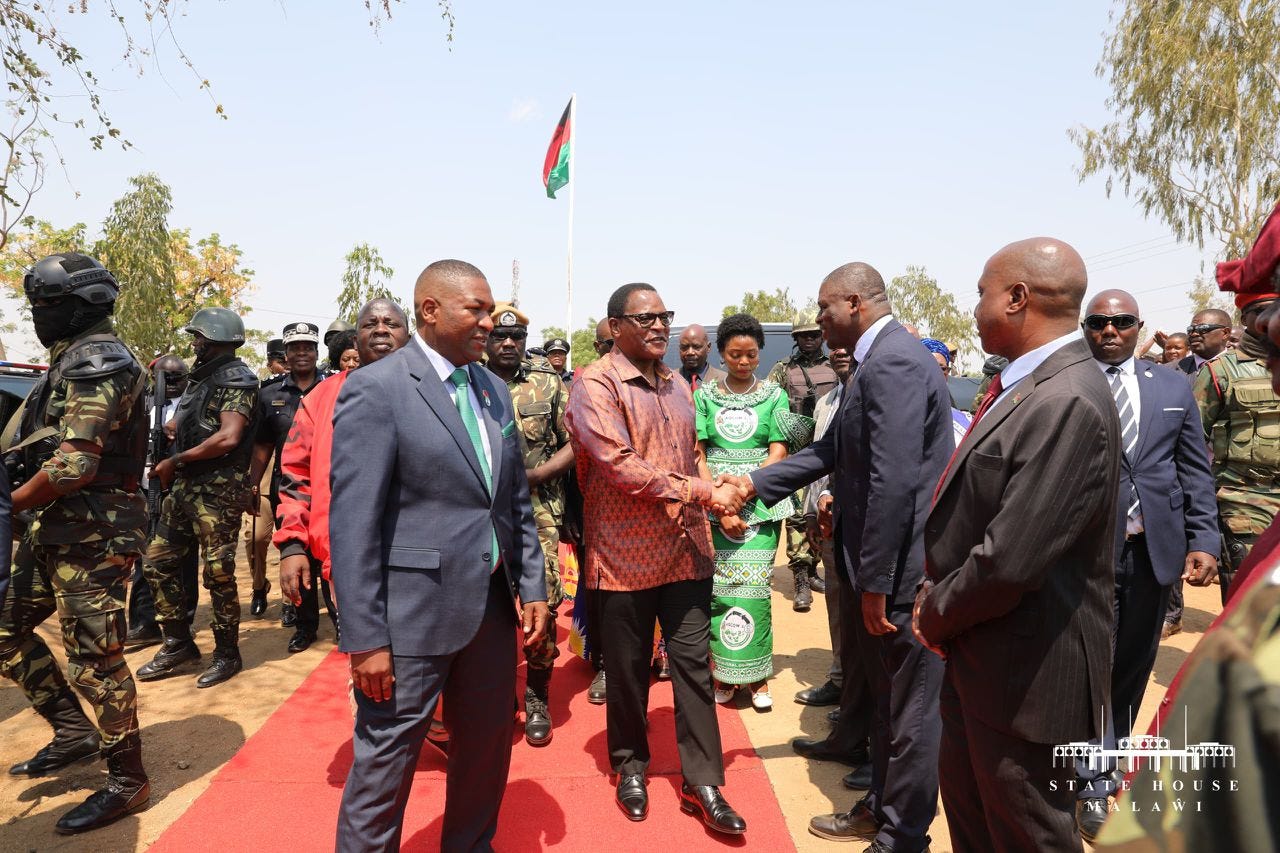Malawi President Launches Affordable Input Program to Boost Food Security
The launch event highlighted additional government efforts to support farmers, including access to loans through the National Economic Empowerment Fund (NEEF).
NENO, Malawi— President Lazarus Chakwera launched the 2024-2025 Affordable Input Program (AIP) on Monday at Dzundu Primary School Ground in Neno District, underscoring his administration's commitment to achieving food security for every household in the country, writes Wendi Mkandawire.
The program, set to benefit over 1.1 million farmers nationwide, aims to provide small-scale farmers with access to affordable agricultural inputs.
President Chakwera, welcomed by top government officials upon arrival, toured several pavilions showcasing various agricultural products before addressing the gathering.
In his speech, Chakwera emphasized the need for equitable implementation of the AIP. "I urge the authorities overseeing this year's program to ensure it reaches the intended beneficiaries," he stated.
The President also called for transparency and accountability in the program's execution.
Acknowledging the current hunger challenges facing Malawi, largely attributed to climate change-induced low yields, Chakwera reaffirmed his commitment to enhancing food security through affordable inputs for farmers.
Minister of Agriculture Sam Kawale assured the public of adequate fertilizer stocks, stating that the entire AIP input procurement process is under close monitoring.
"We have introduced markets in constituencies, including mobile markets, to reduce congestion among beneficiaries during input procurement," Kawale explained.
He also mentioned collaboration with mobile operators to prevent network disruptions during the process.
Kawale encouraged farmers to explore alternative methods, such as organic fertilizers, to boost crop productivity and yield.
Manesi Nkhata, President of the Farmers Union of Malawi, commended the initiative, saying, "The AIP program will help reduce hunger, especially among small-scale farmers."
Nkhata also praised the government's decision to allow farmer input in this year's launch, calling it a first for the country.
However, Nkhata called for transparency from the Ministry of Agriculture regarding fertilizer stocks and distribution readiness, citing farmers' concerns about reported shortages. She also urged beneficiaries not to resell the inputs.
The launch event highlighted additional government efforts to support farmers, including access to loans through the National Economic Empowerment Fund (NEEF).
"NEEF loans, with a minimum of 1 million kwacha, are key in helping more farmers transition to large-scale farming and create opportunities for others," Nkhata added.
President Chakwera also received praise for spearheading the Mega Farm initiative, which Nkhata described as a significant milestone likely to revolutionize Malawi's agricultural sector.
As Malawi continues to grapple with food security challenges, the successful implementation of the AIP and related agricultural initiatives remains crucial to the country's economic stability and the well-being of its predominantly rural population.



